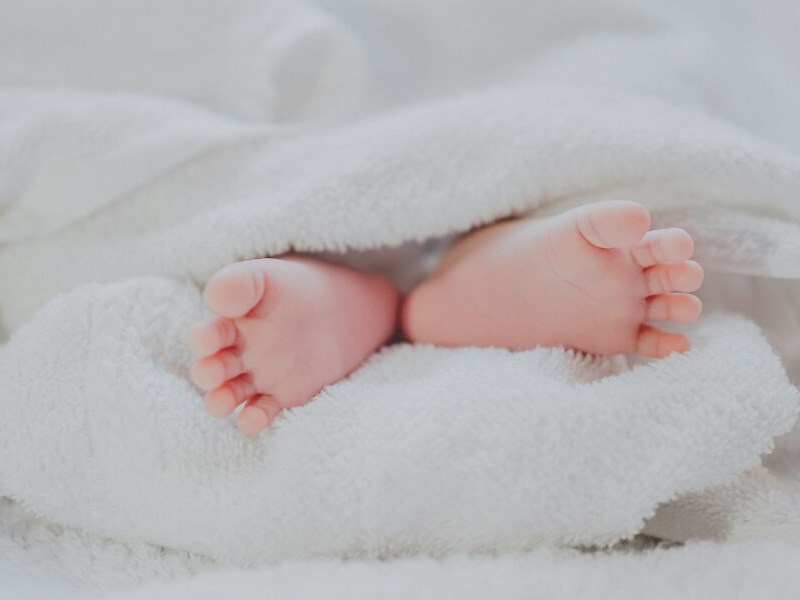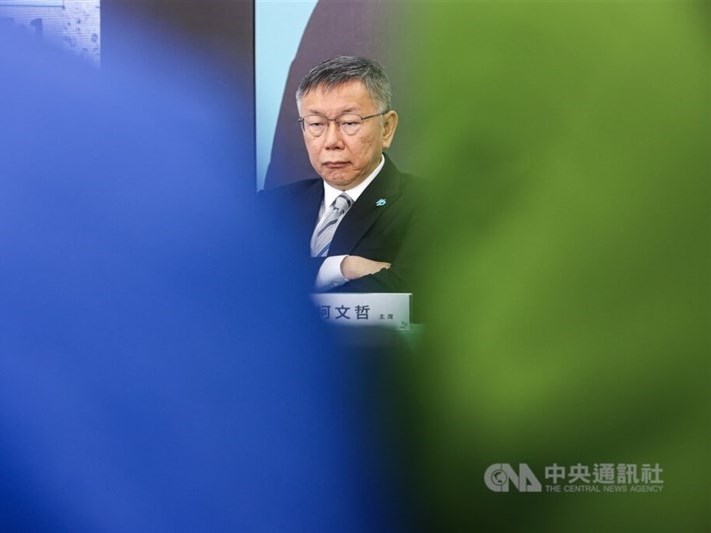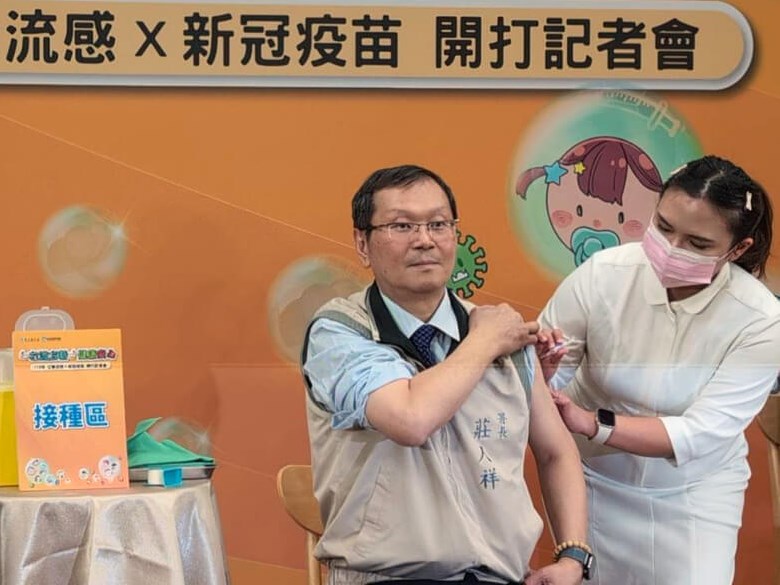Q&A / Taiwan's updated COVID-19 protocols for arriving travelers from Oct. 13
10/13/2022 12:52 PM
Starting Thursday, Taiwan will end the mandatory quarantine for arriving travelers, marking a major step in the government's plan to gradually reopen the country to the world.
(Full text of the story is now in CNA English news archive. To view the full story, you will need to be a subscribed member of the CNA archive. To subscribe, please read here.)
More in Q&A
-
![Why is Taiwan's Legislature suddenly talking about cousin marriage?]() Why is Taiwan's Legislature suddenly talking about cousin marriage?Taiwan's Legislative Research Bureau recently issued a report analyzing the possible relaxation of kinship marriage laws, following the high-profile case of a couple in Kaohsiung whose marriage was retroactively dissolved.11/25/2025 05:52 PM
Why is Taiwan's Legislature suddenly talking about cousin marriage?Taiwan's Legislative Research Bureau recently issued a report analyzing the possible relaxation of kinship marriage laws, following the high-profile case of a couple in Kaohsiung whose marriage was retroactively dissolved.11/25/2025 05:52 PM -
![What is Core Pacific Case, how is TPP Chairman Ko involved?]() What is Core Pacific Case, how is TPP Chairman Ko involved?The high-profile detention of former Taipei mayor and incumbent Taiwan People's Party (TPP) Chairman Ko Wen-je (柯文哲) was extended for another two months on Friday, as prosecutors continue their investigation into alleged corruption known locally as the "Core Pacific City case."11/01/2024 07:32 PM
What is Core Pacific Case, how is TPP Chairman Ko involved?The high-profile detention of former Taipei mayor and incumbent Taiwan People's Party (TPP) Chairman Ko Wen-je (柯文哲) was extended for another two months on Friday, as prosecutors continue their investigation into alleged corruption known locally as the "Core Pacific City case."11/01/2024 07:32 PM -
![Taiwan's free flu and COVID-19 vaccination program]() Taiwan's free flu and COVID-19 vaccination programTaiwan kicked off its free influenza and COVID-19 vaccination program at hospitals and other medical facilities across the country on Tuesday.10/01/2024 03:58 PM
Taiwan's free flu and COVID-19 vaccination programTaiwan kicked off its free influenza and COVID-19 vaccination program at hospitals and other medical facilities across the country on Tuesday.10/01/2024 03:58 PM
Latest
-
Society
Two elderly siblings injured by exploding parcel in Yilan
02/14/2026 09:12 PM -
Society
Traffic mostly smooth on 1st day of LNY holiday; heavier flows expected Sunday
02/14/2026 08:56 PM -
Business
Taoyuan airport sees record number of daily passengers amid LNY travel surge
02/14/2026 08:28 PM -
Cross-Strait
Taiwan visits to China up 16.86% in 2025, still below pre-pandemic levels: MOTC
02/14/2026 05:17 PM -
Society
Beyond new clothes: Children in need get private LNY shopping session
02/14/2026 04:03 PM


